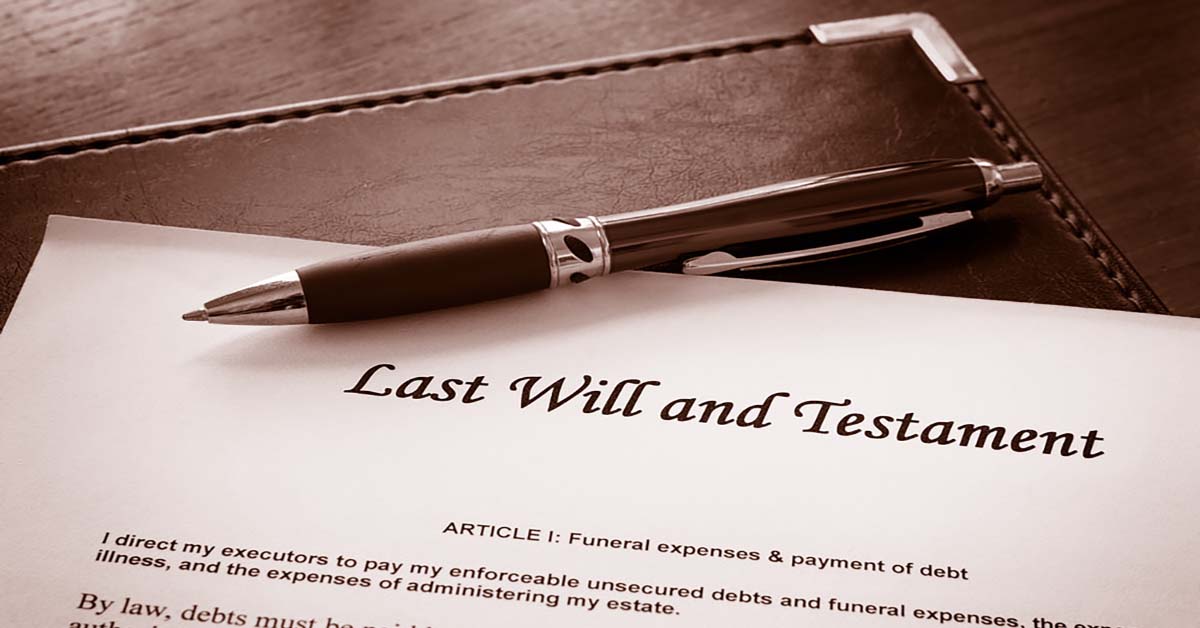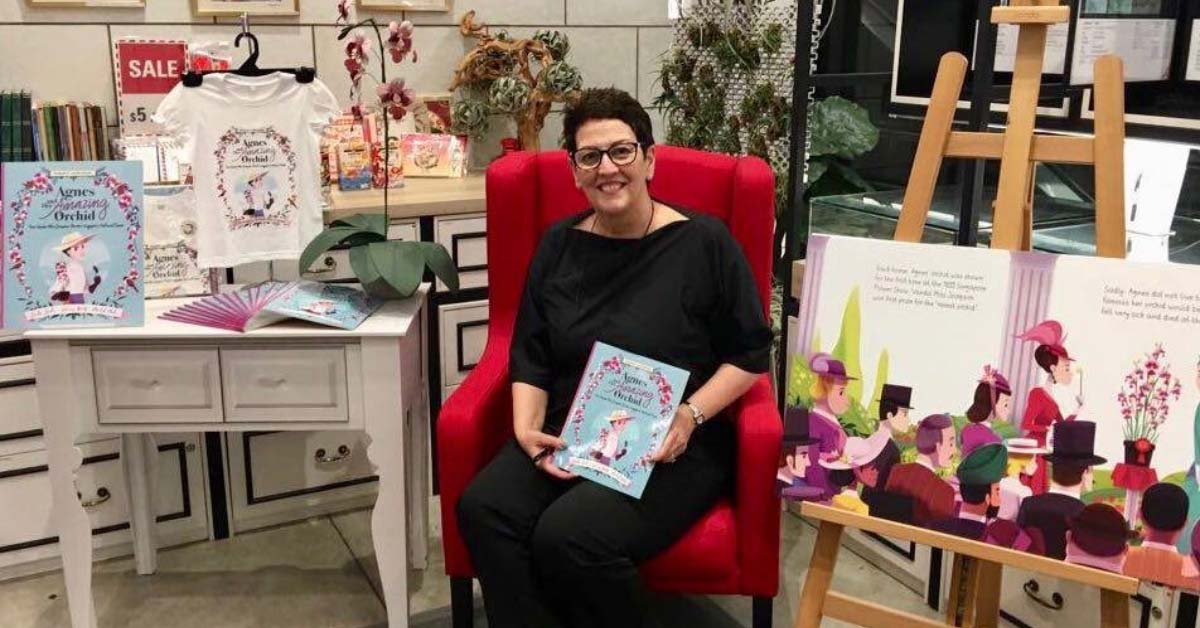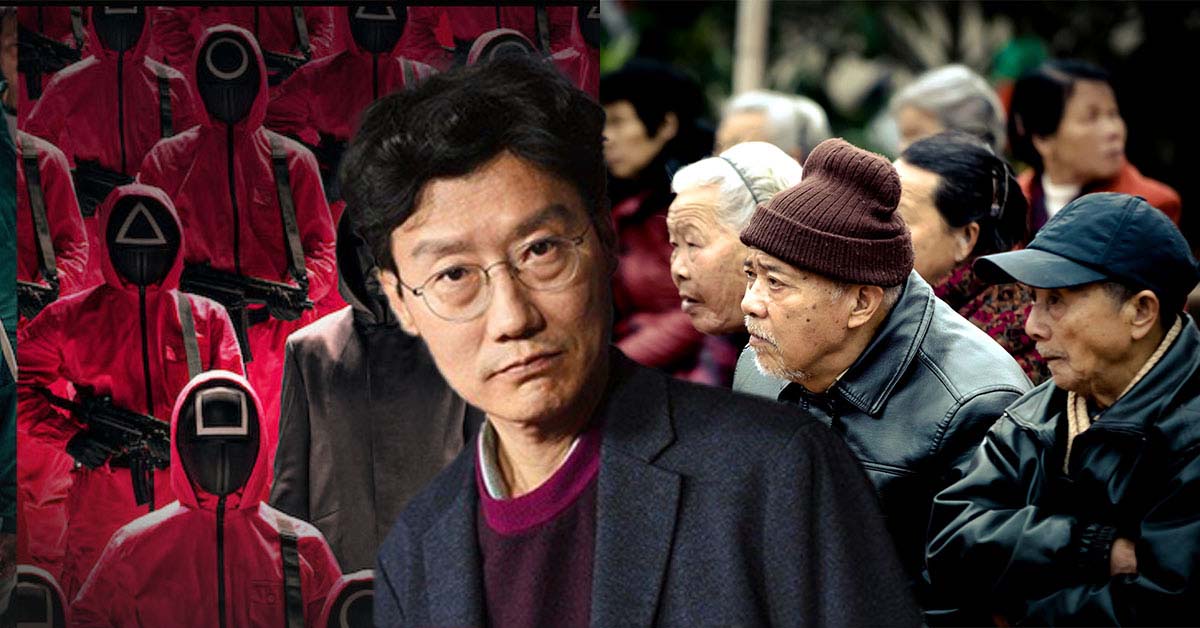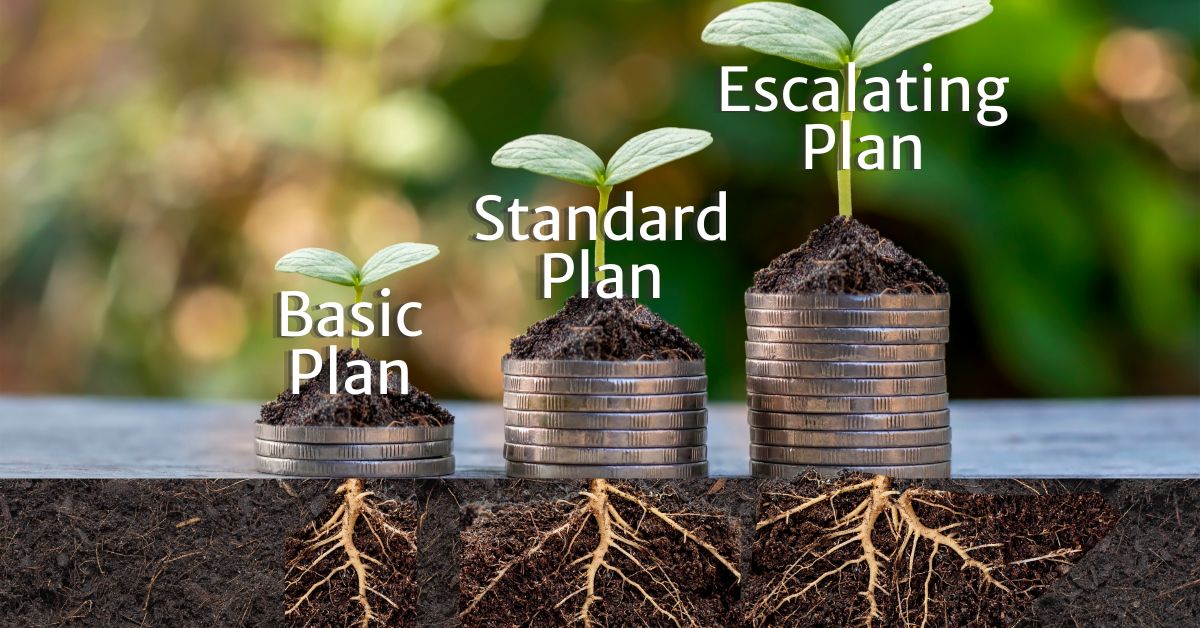Ah, retirement. The notion of hanging up work tools and spending more time indulging in hobbies or just catching up on all the things that were pushed to a later date. Is everyone’s ideal the same when it comes to retirement?
What exactly does retirement mean for Singaporeans – the end of work, or the beginning of the next phase of life? Time to travel, time to rest, time to pursue one’s dreams, or no time at all?
SilverStreak polls about 10 Singaporeans, from the silver generation at the cusp – or in the midst – of their retirement, all the way to zoomers who are still working at their first jobs (having just voted for the first time) to find out what they think retirement actually means for them – and how they’re planning to achieve it.
Across generations, interviewees agree that the key to retirement is freedom – from financial worry, the need to work, and to make their own choices with their remaining years.
Indeed, financial matters are a chief concern among pragmatic Singaporeans when it comes to retirement.
Continuing to work for longer or finding a part-time gig, he says, are good ways to top up the retirement kitty with just a little extra, providing better peace of mind, as is health insurance, for those who are no longer covered by company plans.
But planning should not begin when you’re approaching the end of the line, but at the start of the journey.
Most interviewees agreed that retirement costs should be borne by the individuals, not their children.
The ability to be self-reliant stems from several factors, he says – the country’s rapid growth in prosperity, women entering the workforce and a high home ownership rate in Singapore due to HDB flats, providing a nest egg to fall back on.
Just be mindful of the fact that HDB flats have a 99-year lease, so what’s left of that tenure should also be a factor in your planning.
Even so, younger Singaporeans expressed concern that the dream of retirement is becoming harder to attain, or at the very least, more distant.
Environmental concerns are another issue leaving younger Singaporeans anxious about their future retirement prospects.
Not everyone agrees that retirement should mean the end of work.
The 57-year-old has spent more than half his life running his homely eatery in Toa Payoh, and doesn’t plan to quit anytime soon, despite the restaurant’s recent closure.
He hopes to open a new quick-service eatery selling a modern version of the dish by the end of the year, where he’ll take a step back, retaining creative control while leaving the brunt of the work to employees.
Nevertheless, for most, this newfound freedom in retirement is also a chance to find meaning in the other joys of life, outside of work: Spending time with friends and family, pursuing hobbies, travelling, focusing on spirituality and giving back to the community.
Since retiring about 15 years ago, Eric has also busied himself with home renovations and maintenance, while keeping his body fit with golf and hiking, and his mind fit with Rotary activities.
Gerry does all of these, while also finding time to start his own singing group and lay the foundation for a book.
While retirement looms on the horizon of most of us, there’s uncertainty about how it’s going to play out when we reach that stage in our lives.
It would probably be best to keep an open mind to how you are going to approach it. A general direction with adjustments along the way to suit changes in your environment, your life and yourself.












